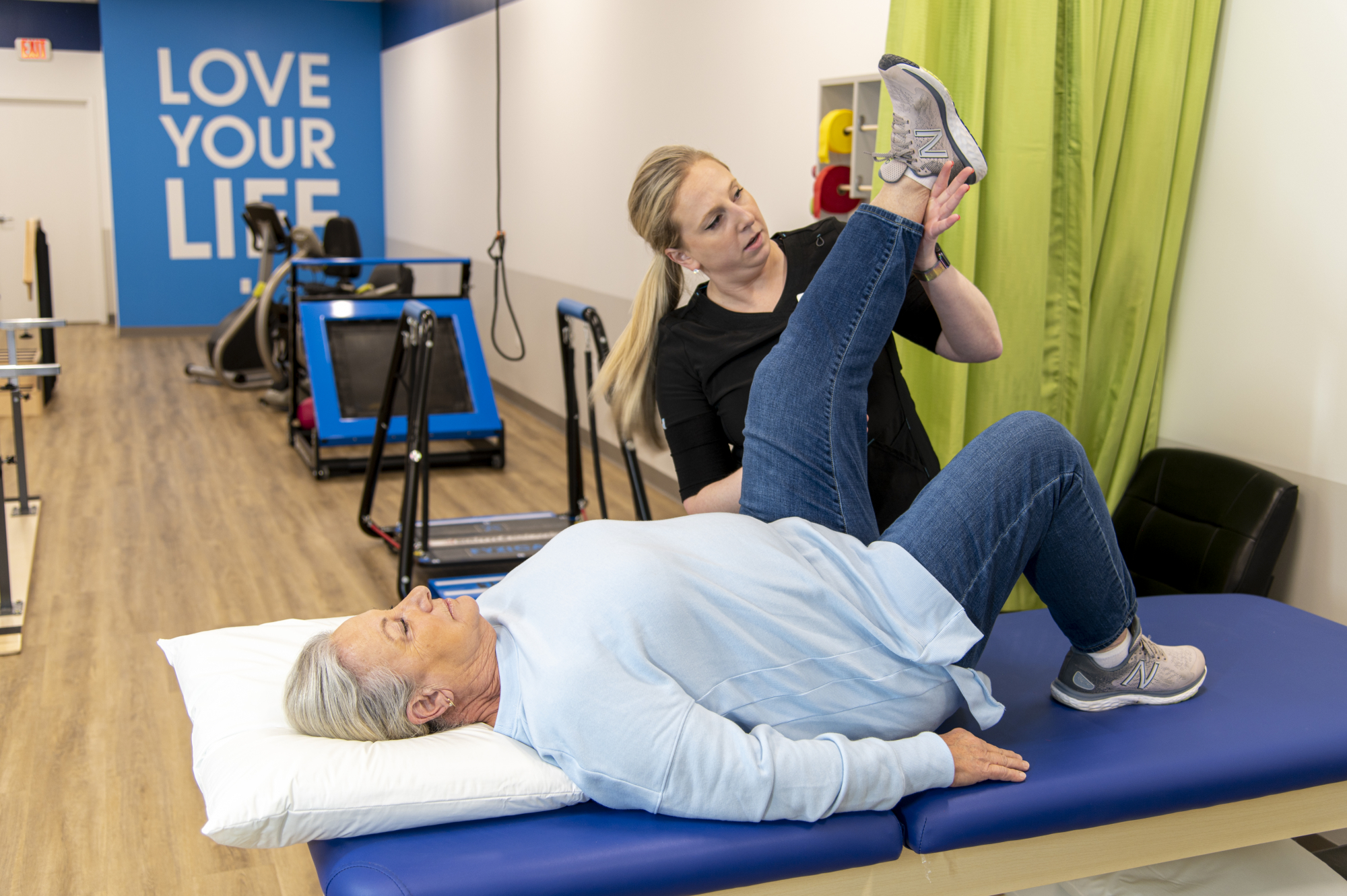Enabling Patients Through Social Assistance in Pulmonary Rehabilitation Initiatives.
Wiki Article
Cardio-pulmonary rehabilitation programs are designed to assist patients with cardiac and lung conditions improve their health and standard of living. These initiatives commonly consist of physical exercise, education about cardiac and lung health, and support for making lifestyle choices modifications. Nonetheless, one crucial element that is sometimes overlooked is the importance of emotional assistance. Psychosocial support refers to the emotional and social help that individuals receive during their recovery process. This assistance can strengthen individuals, boost their confidence, and assist them manage the obstacles that arise with chronic health issues.

Individuals in cardiac and pulmonary rehab often face various emotional and emotional difficulties. Feelings of anxiety, sadness, and isolation can be common. These feelings may stem from the pressure of confronting with a serious health condition or the fear of future medical issues. Psychosocial assistance can aid address these feelings by providing individuals with a safe environment to discuss about their concerns and connect with others who comprehend what they are experiencing through. Group therapy meetings and one-on-one counseling can be beneficial ways to promote this support. By engaging with professionals and others, individuals can learn find more info coping techniques and find encouragement from peers who share similar experiences.
Integrating psychosocial support into cardiopulmonary rehabilitation initiatives can lead to improved health outcomes for individuals. Studies show that when individuals receive emotional support, they are more apt to stick to their rehabilitation programs, adhere to treatment, and implement necessary lifestyle modifications. This engagement can lead to enhanced physical health, reduced hospitalizations, and an entire improved standard of living. Assistance teams can foster inspiration and responsibility, helping patients stay committed to their rehabilitation objectives. This cooperative approach highlights the significance of addressing both bodily and psychological well-being in the recovery process.
Educators and healthcare professionals play a crucial part in offering psychosocial assistance within these programs. They can look at this now assist individuals comprehend the importance of mental health in their recovery process. By establishing an environment of empathy and support, medical providers can promote open dialogue about feelings and concerns. Educating personnel in interpersonal techniques and psychosocial assistance techniques can improve the general patient journey. Furthermore, integrating instruction about stress reduction, calming methods, and healthy coping approaches can empower patients to take an active role in their emotional well-being.
To summarize, empowering individuals through psychosocial assistance in cardiac and pulmonary rehabilitation programs is crucial for encouraging comprehensive rehabilitation. By recognizing the emotional and social dimensions of healing, healthcare professionals can create a more supportive environment that meets the requirements of the whole person. Individuals who receive this comprehensive treatment are more likely to achieve their well-being objectives and enhance their overall quality of living. The integration of emotional assistance into rehabilitation programs not only enhances the individual journey but also contributes to better long-term health outcomes.